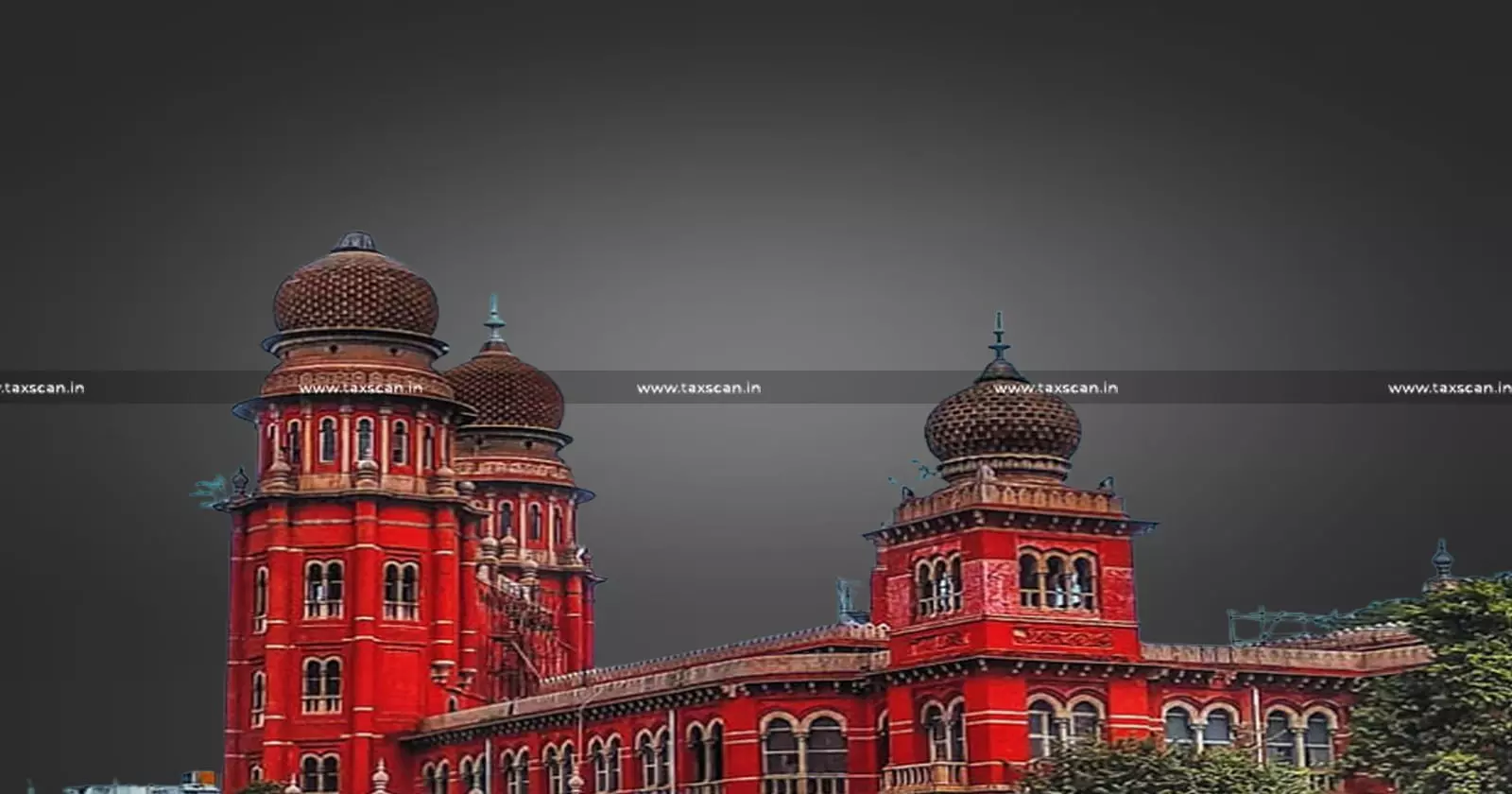No Perversity or Bias in Disciplinary Findings Against Commercial Taxes Officer: Madras HC Dismisses Petition
No Perversity or Bias in Disciplinary Findings Against Commercial Taxes Officer: Madras HC Dismisses Petition

In a recent ruling, the Madras High Court held that there was no perversity or bias in the disciplinary findings against a Commercial Taxes officer. The court dismissed his challenge to the penalty imposed on him.
V. Mahendhiran, the petitioner, was serving as an Assistant Commissioner of Commercial Taxes when a charge memo was issued against him on 16 November 2009. Four charges were framed, including failure to scrutinize 365 returns for January 2008 despite directions, refusal to receive a departmental memo on 13 June 2008, etc.
The Enquiry Officer held all charges proved, and by order dated 25 July 2012, the Disciplinary Authority imposed the penalty of stoppage of increment for two years without cumulative effect. The petitioner’s appeal was rejected by order dated 12 November 2024, which led him to approach the High Court.
The petitioner’s counsel argued that there was a delay of nearly 31 months between the charge memo and the enquiry report, that the findings were contrary to evidence, and that the punishment was disproportionate to the charges. They also argued that the Appellate Authority did not properly consider the petitioner’s submissions and that interference by the Court was justified.
The State’s counsel argued that the findings were supported by material on record, that no bias or perversity was shown and that the punishment was appropriate and lenient in nature.
The single-judge bench comprising Justice C. Kumarappan observed that the petitioner had failed to scrutinize the returns as required under official circulars, had shown insubordination in not receiving the memo, and had performed poorly in the refresher test.
The court pointed out that although there was a delay in the disciplinary process, the petitioner did not show any prejudice caused by such delay. The court explained that in judicial review, it cannot reappreciate evidence, and interference is limited to cases of perversity or shockingly disproportionate punishment.
The court held that the penalty of stoppage of increment for two years without cumulative effect was not disproportionate and was, in fact, lenient. The writ petition was dismissed and the disciplinary punishment was allowed to stand.
Support our journalism by subscribing to Taxscan premium. Follow us on Telegram for quick updates


